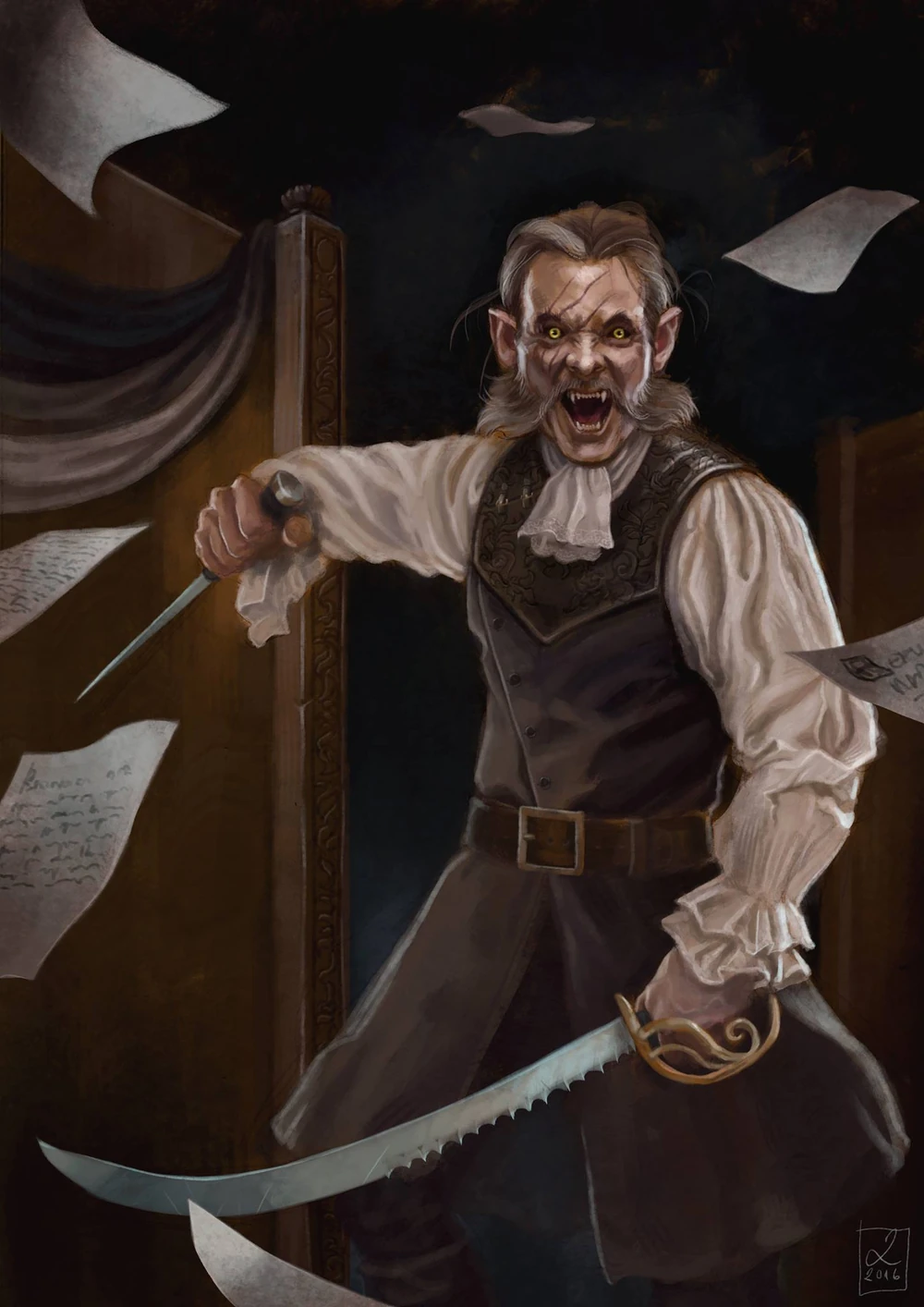RECORD OF THE SESSION OF THE JUDICIAL COMMITTEE
OF THE NATIONAL ASSEMBLY OF THE REPUBLIC OF GUNTRELAND (excerpt)
Held on the 9th Day of Felinose, in the Twentieth Year of the Republic of Guntreland—
Free, Natural, and Founded upon Virtue.
PUBLIC SESSION
Palace of Justice, Quart of Eternal Reason, District of the City of Eustata,
Region of the Main Administrative Center
The Committee was composed of the following Representatives of the People:
President: Citizen Vernas
Members: Citizens Buchholz, Wider, Umenheim, Los, Diefenbach, Muenner, Troc, F. Kleichen, Loewenwoche
Recorder: Citizen Bernst Hager
The Accused:
- Rupert Afsen, aged twenty-nine years, born in Schwentzstadt, former prince, resident of Eustata, Republic Square No. 1, and of Schwentzstadt, Boulevard of Anti-Tyranny No. 1, prior to his arrest in Hallstadt.
- Clarence Afsen, aged thirty-one years, born in Schwentzstadt, former prince and former heir of the tyrant, resident of Eustata, Republic Square No. 1, and of Schwentzstadt, Boulevard of Anti-Tyranny No. 1, prior to his arrest in Hallstadt.
The accused were conducted into the Hall of Justice and took their places upon the bench of the accused, unchained, that they might be visible to the whole assembly.
Preliminary Instructions of the President:
The President of the Committee instructed the accused that, in accordance with the Republican Code, those charged with crimes against the Sovereignty of the Republic during a state of emergency possess no right to counsel, for the innocent require no defence stronger than their own Sincerity, Republican Morality, and the Sense of Justice of a Republican tribunal.
He further instructed the accused that, in such causes as concern crimes against the Sovereignty of the Republic during a state of emergency, for reasons of expedition, it shall not be necessary to hear witnesses for the prosecution, provided that the Committee may otherwise be convinced of the guilt of the accused.
The President declared that, should the Committee form conviction either of guilt or of innocence, it may at any moment terminate the proceedings, for the same reason of expedition, and—after granting the accused the right to their final word—immediately pronounce judgment; likewise, if the accused by their conduct during trial should publicly manifest a hostile disposition toward the Republic or its Constitutional order, the process might at once be broken off, and they be declared outlaws, without delay, as active enemies of the Republic.
The President instructed the accused that no appeal nor suspension of execution is permitted against the decisions of the Judicial Committee, since it exercises, in the name of the National Assembly—the sovereign body from which all powers proceed—the highest judicial authority.
He then read aloud the catalogue of acts which, according to the Republican Code, are held to constitute crimes against the Sovereignty of the Republic; and he reminded the accused that the Constitutional prohibition of the death penalty doth not extend to such crimes when they threaten the very existence of the Republic—Free, Natural, and Founded upon Virtue—and therefore imperil the very existence of the Virtue of Justice and the possibility of its enactment upon Earth; and that in such cases, this supreme sanction is not imposed as punishment, but as protection of the inviolable Sovereignty of the Republic and the Virtue which it embodies.
Thereupon, the President briefly expounded to the accused their other procedural rights and duties in conformity with the Constitution and the law, warning them that failure to observe these may result in their exclusion from the proceedings.
Examination of Identity:
The President bade the accused be seated and inquired of each his name, age, profession, and residence prior to arrest.
The accused Rupert Afsen replied as above stated, adding to his name certain unconstitutional titles.
The accused Clarence Afsen did likewise.
The President sternly admonished the accused for employing unconstitutional titles.
Reading of the Indictment:
The President warned the accused to give heed to what they should now hear, and commanded the Recorder to read the Act of Indictment.
The Recorder obeyed the command and read it aloud in a solemn and distinct voice, after which he said:
“Behold that for which you stand accused; and now you may, each in your turn, declare yourselves concerning the charges laid against you.”




